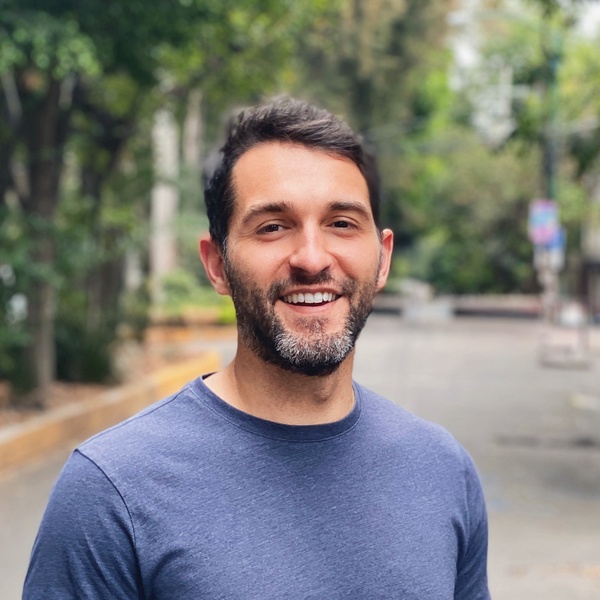
Jared Mazzanti
| Grant Category: | Fulbright Global Scholar Award |
| Project Title: | Deepening University Integration in Local and National Innovation Ecosystems |
| Field of Study: | Business |
| Home Institution: | University of California, Berkeley, CA |
| Host Institution: | Indian Institute of Science, Bengaluru, Karnataka |
| Grant Start Month: | November 2025 |
| Duration of Grant: | One and a half months |
Brief Bio:
Mr. Jared Mazzanti currently serves as the director of Strategic Initiatives in the Dean’s Office at the University of California (UC), Berkeley School of Public Health, where he has designed and operationalized multiple programs focused on health innovation internationally and domestically. He spearheads a novel partnership with J.P. Morgan that brought a new healthcare conference to Asia, oversees a Health Innovation Accelerator for Taiwanese start-ups, and previously built a Social Impact Innovation Grant Program to provide student teams resources and training to effect positive change in their communities.
A Boren scholarship to China in 2009 ignited Mr. Mazzanti’s lifelong drive to build bridges between peoples and cultures, especially in Asia. He has launched and sustained multi-country partnerships in his previous roles at the Harvard T.H. Chan School of Public Health, Peking University’s Guanghua School of Management, UC Berkeley’s Office of the Chancellor, and the HNA Group in China.
Mr. Mazzanti received his BA in political economy with the distinction of magna cum laude from UC, where he concentrated in East Asia and minored in Chinese. He received his MBA in 2016 after completing a Chinese-taught program at Central South University (中南大学) in China’s Hunan province. He is an active member of UC Berkeley’s Innovation and Entrepreneurship Council, regularly volunteers for the Asia Society of Northern California, and maintains professional credentials in HR and project management.
Mr. Mazzanti’s Fulbright project is conducting a comparative analysis on how universities in India (Indian Institute of Science), Japan (Tohoku University), and South Korea (Seoul National University) are bridging the gap between invention and innovation, especially in health-related deep tech; this is to identify success stories and pain points, the latter preventing faster uptake of university research by industry. His research aims to answer one key question through surveys and stakeholder interviews: what factors best position a university to integrate into local and national innovation ecosystems and drive entrepreneurship among its faculty, students, staff, and alumni?